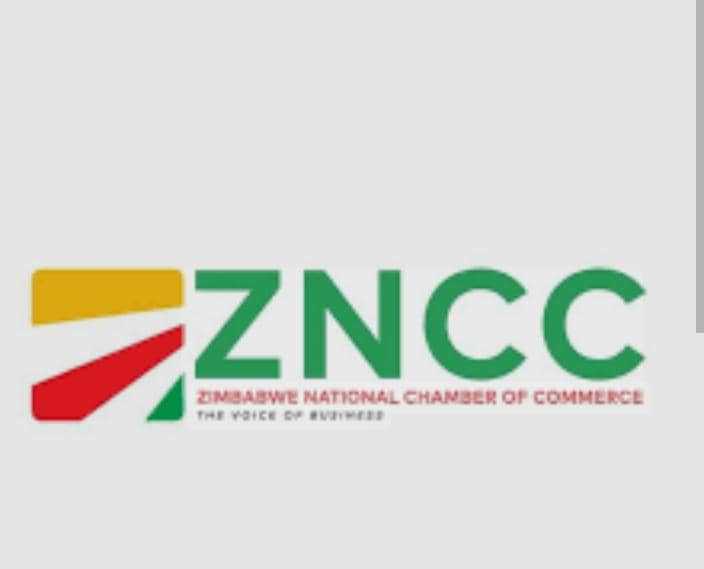
Rutendo Mazhindu
Zim Now Reporter
The Zimbabwe National Chamber of Commerce 2024 Business Review Conference held at Golden Conifer, Harare, highlighted the critical challenges stifling the growth and stability of businesses in Zimbabwe.
Chief among these were high taxes, unreliable power supply, and exchange rate volatility, which have left the private sector struggling to stay afloat in a turbulent economic environment.
One of the most pressing concerns raised at the conference was the country’s high tax regime. Businesses have long complained about the heavy tax burden, which significantly eats into profitability and discourages investment. ZNCC CEO Christopher Mugaga emphasized the detrimental impact of this challenge during his address:
"High taxes have become an impediment to growth, leaving businesses with limited resources to reinvest and expand operations. This stifles innovation and deters foreign investors."
Unreliable power supply, exacerbated by persistent load shedding, emerged as another key challenge for the country's businesses in 2024. Industries, particularly in the manufacturing and mining sectors, reported significant losses due to interrupted production cycles and increased reliance on costly alternative energy sources like diesel generators.
Minister of Industry and Commerce, Honorable Nqobizitha Ndlovu, acknowledged this issue, attributing it partly to the El Niño drought that reduced hydroelectric power generation capacity. However, stakeholders at the conference stressed the need for urgent, long-term solutions to stabilize electricity supply and support industrialization.
Related Stories
The volatility of exchange rates in 2024 further compounded the challenges faced by businesses. The Zimbabwean dollar experienced a sharp devaluation of 44% by September 2024, following a brief period of stability brought about by the introduction of Zimbabwe Gold currency earlier in the year.
This instability resulted in soaring costs of imported raw materials and disrupted supply chains. Businesses were forced to constantly adjust pricing to keep up with currency fluctuations, eroding consumer purchasing power and reducing profitability.
“The exchange rate distortions have created uncertainty, making it nearly impossible for businesses to plan effectively or attract investment,” Mugaga noted.
The ZNCC's 2024 Annual State of Industry and Commerce Report painted a bleak picture of Zimbabwe’s economic landscape, with GDP growth slowing to 2% from 5.5% in 2023. Capacity utilization in the formal sector also declined slightly, from 58.5% in 2023 to 56.2% in 2024.
Despite these challenges, the informal sector continued to expand, contributing 64.7% to the economy but exacerbating poverty levels, with 34% of informal workers classified as extremely poor.
Stakeholders at the conference called for strengthened collaboration between the private sector and government to address these pressing issues.
They urged the government to review the tax system, invest in energy infrastructure, and adopt measures to stabilize the exchange rate to foster economic resilience and growth in 2025.
“We need coordinated efforts to create an enabling environment for businesses to thrive. Only through such partnerships can we achieve sustainable economic growth,” concluded Mugaga.




















Leave Comments